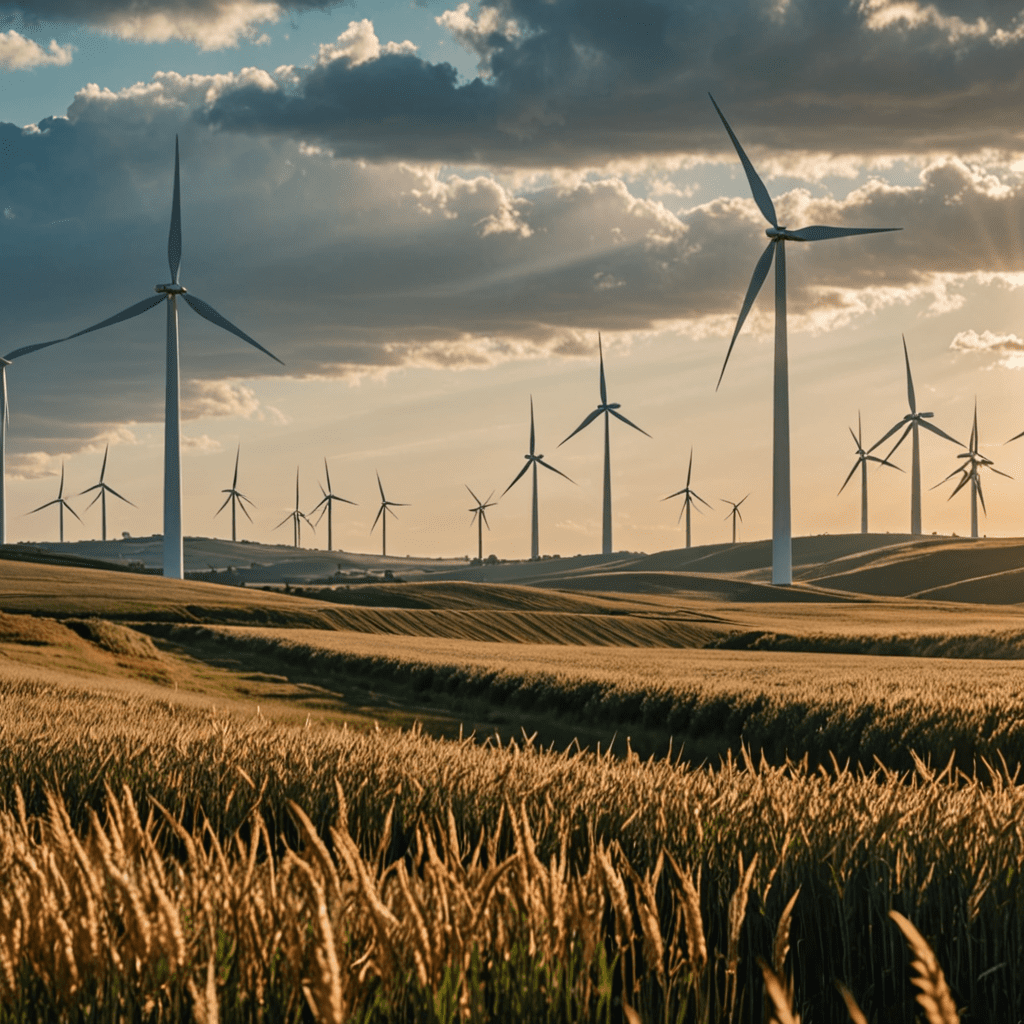The Role of Microalgae in Biofuel Production
Microalgae, tiny aquatic organisms that harness photosynthesis, are emerging as a promising source of biofuel due to their high oil content and rapid growth. The utilization of microalgae in biofuel production offers a sustainable and environmentally friendly alternative to fossil fuels. Let’s explore the significance of microalgae in the biofuel industry.
1. Efficient Oil Production
Microalgae can produce large amounts of oil, sometimes exceeding 50% of their dry weight. This high oil content makes them a valuable feedstock for biofuel production, as extracting oil from microalgae is relatively simpler compared to other biofuel sources.
2. Rapid Growth Rate
Microalgae have a rapid growth rate, allowing for multiple harvests in a year. Their ability to thrive in various environmental conditions makes them a versatile option for biofuel production. This fast growth cycle significantly increases the overall productivity of microalgae-based biofuels.
3. Carbon Sequestration
Microalgae can absorb carbon dioxide during photosynthesis. By utilizing microalgae for biofuel production, we can potentially mitigate greenhouse gas emissions by capturing and converting CO2 into valuable energy sources. This dual benefit of biofuel production and carbon sequestration makes microalgae a promising tool for combating climate change.
4. Minimal Land Requirements
Unlike traditional biofuel crops such as corn or sugarcane, microalgae can be cultivated in non-arable land, including ponds, bioreactors, and wastewater treatment plants. Their small footprint and ability to grow in diverse environments make them an attractive option for biofuel production without competing with food crops for agricultural land.
5. Biodiesel and Bioethanol Production
Microalgae can be converted into biodiesel through a process called transesterification, where their lipid content is extracted and processed into a renewable diesel substitute. Additionally, microalgae can also be used to produce bioethanol through fermentation of their sugars, providing a versatile platform for different types of biofuels.
6. Bioremediation Potential
Microalgae have shown promise in cleaning up pollutants from wastewater, making them a valuable tool for bioremediation. By combining biofuel production with wastewater treatment, microalgae offer a sustainable solution for both energy production and environmental remediation.
7. Research and Development
Ongoing research and development in the field of microalgae biotechnology are continuously improving the efficiency and scalability of biofuel production from microalgae. Innovations in cultivation techniques, genetic engineering, and biorefinery processes are paving the way for a more cost-effective and sustainable biofuel industry.
In conclusion, microalgae play a crucial role in advancing the biofuel sector by offering a renewable, high-yield, and environmentally beneficial source of energy. As technology and research progress, the full potential of microalgae in biofuel production is yet to be fully realized, promising a greener future for the energy industry.
FAQs About the Role of Microalgae in Biofuel Production
What makes microalgae ideal for biofuel production?
Microalgae are rich in lipids, which can be converted into biodiesel. They have high growth rates, require minimal land and freshwater, making them sustainable and efficient biofuel sources.
How is biofuel extracted from microalgae?
Biofuel is extracted through a process called transesterification, where lipids are separated from microalgae and converted into biodiesel. This biodiesel can be used as a renewable alternative to traditional fossil fuels.
What are the environmental benefits of using microalgae for biofuel production?
The cultivation of microalgae for biofuel can help reduce greenhouse gas emissions, as they absorb CO2 during growth. Additionally, biofuels derived from microalgae are biodegradable and produce lower levels of pollutants compared to conventional fuels.



